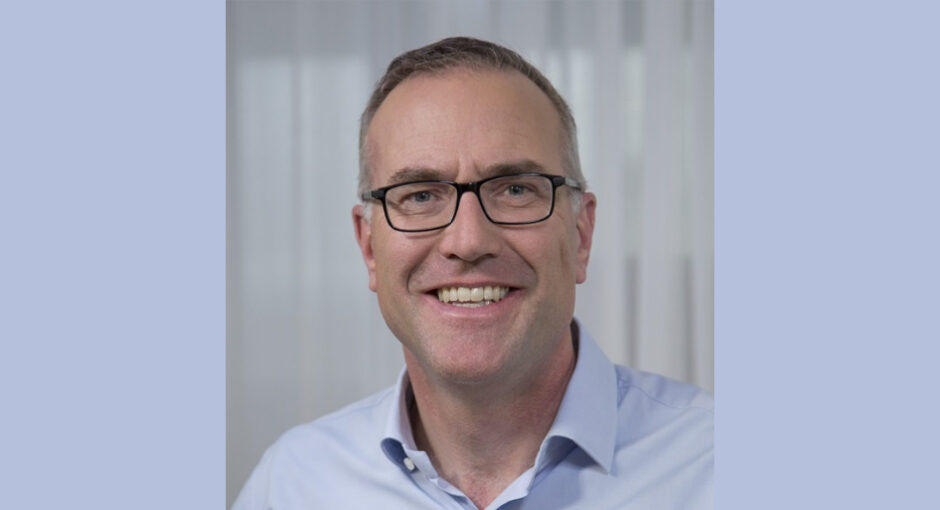Genentech CEO Alexander Hardy on Tuesday urged healthcare leaders to reform the 340B program together in the wake of the recent New York Times exposé about a Virginia health system’s alleged misuse of the 340B program.
“As leaders in healthcare, we need to do better to ensure patients have access to affordable healthcare,” Hardy said in an Oct. 4 LinkedIn post. “340B is an important program that was created with the well-intentioned goal of serving some of our nation’s most vulnerable patients. It is time to come together to take a critical look at where the program stands today and enact the necessary policy reforms to protect patients and ensure the long-term viability of the program.”
Hardy’s post linked to the Times’s bombshell Sept. 27 story about how Bon Secours Mercy Health System allegedly profited from 340B by opening clinics in wealthy Richmond, Va., area neighborhoods as satellites of “a struggling hospital in a predominantly Black neighborhood” and administering expensive drugs bought at low 340B prices to patients with generous private insurance.
The article has been met with outrage from the community and policymakers, with the latter calling for increased oversight of the 340B program.
Bon Secours has denied the allegations detailed in the Times article: “To suggest that we don’t operate in full support of our important Mission is without merit and we take issue with such baseless allegations,” the organization said in a statement to the media.
A Genentech spokesperson said this morning that the company had no additional comments on Hardy’s LinkedIn post.
Many of Genentech’s drugs are administered by a medical provider in an outpatient setting and covered under Medicare Part B. It is not one of the 18 pharmaceutical companies to have imposed restrictions on the use of contract pharmacies by 340B covered entities, possibly because most of its drugs are not dispensed in the retail pharmacy setting.
Genentech was one of the first drug manufacturers to audit 340B covered entities in the early 2010s. In 2016, the company disclosed that 340B drugs accounted for 18% of its sales volume in the first half of the year. In 2016 and 2018, it notified 340B covered entities that it was providing refunds for overcharges.


